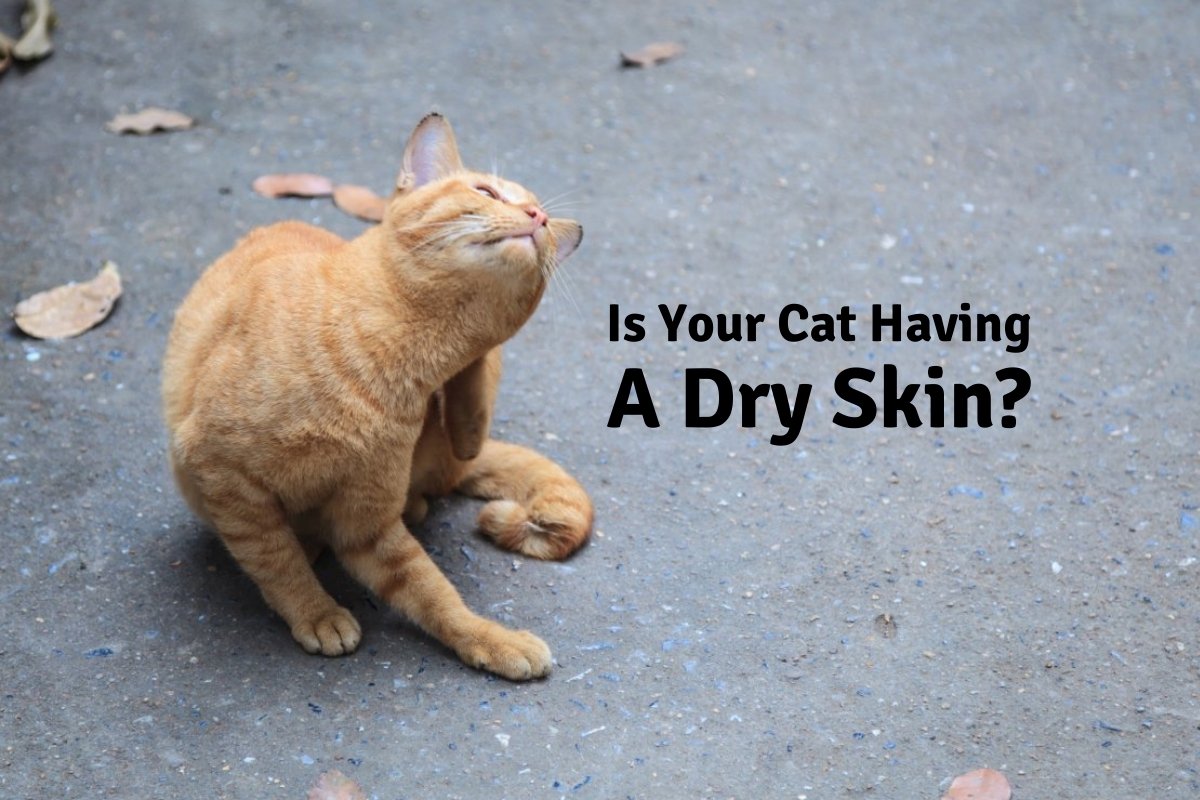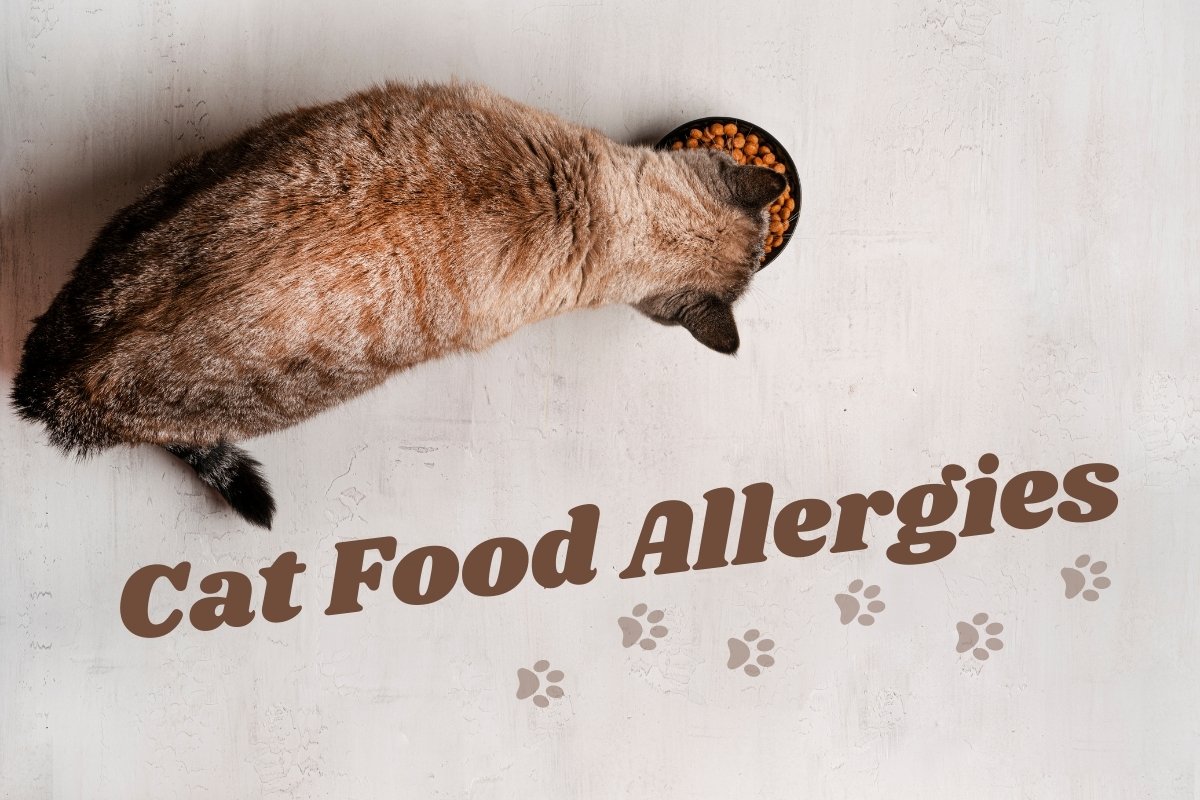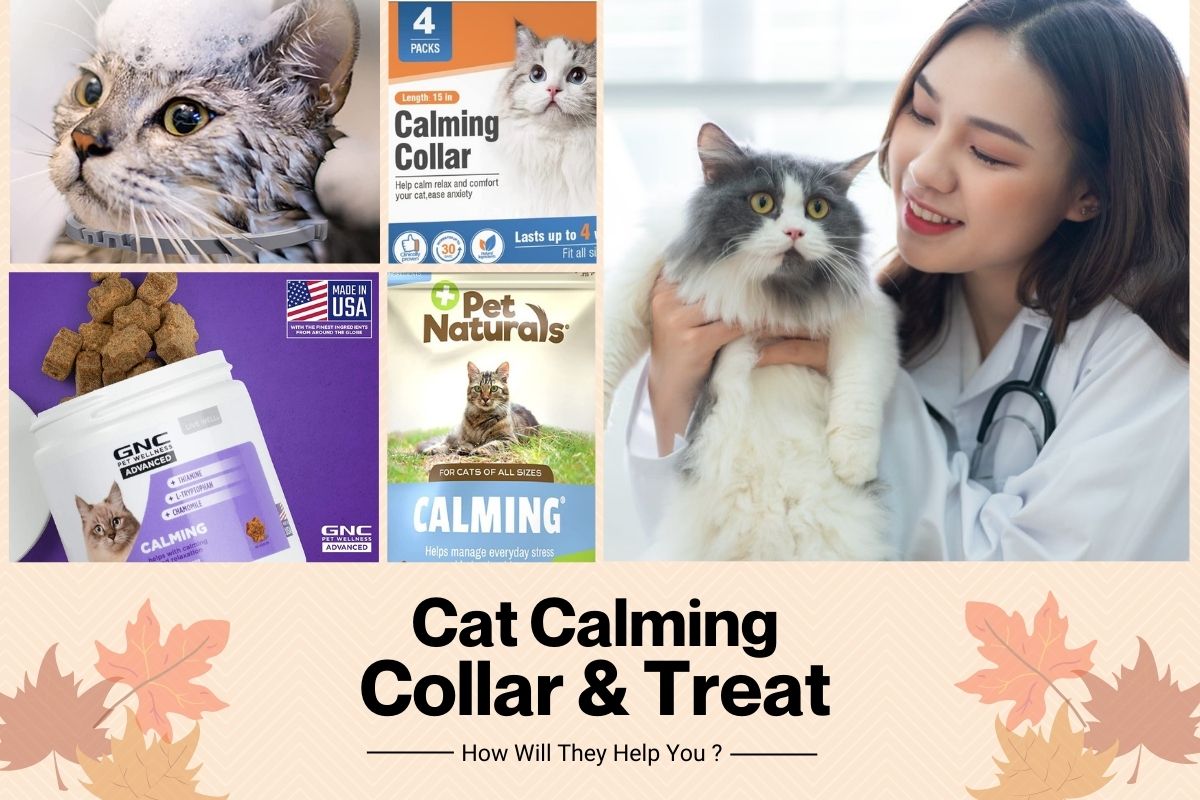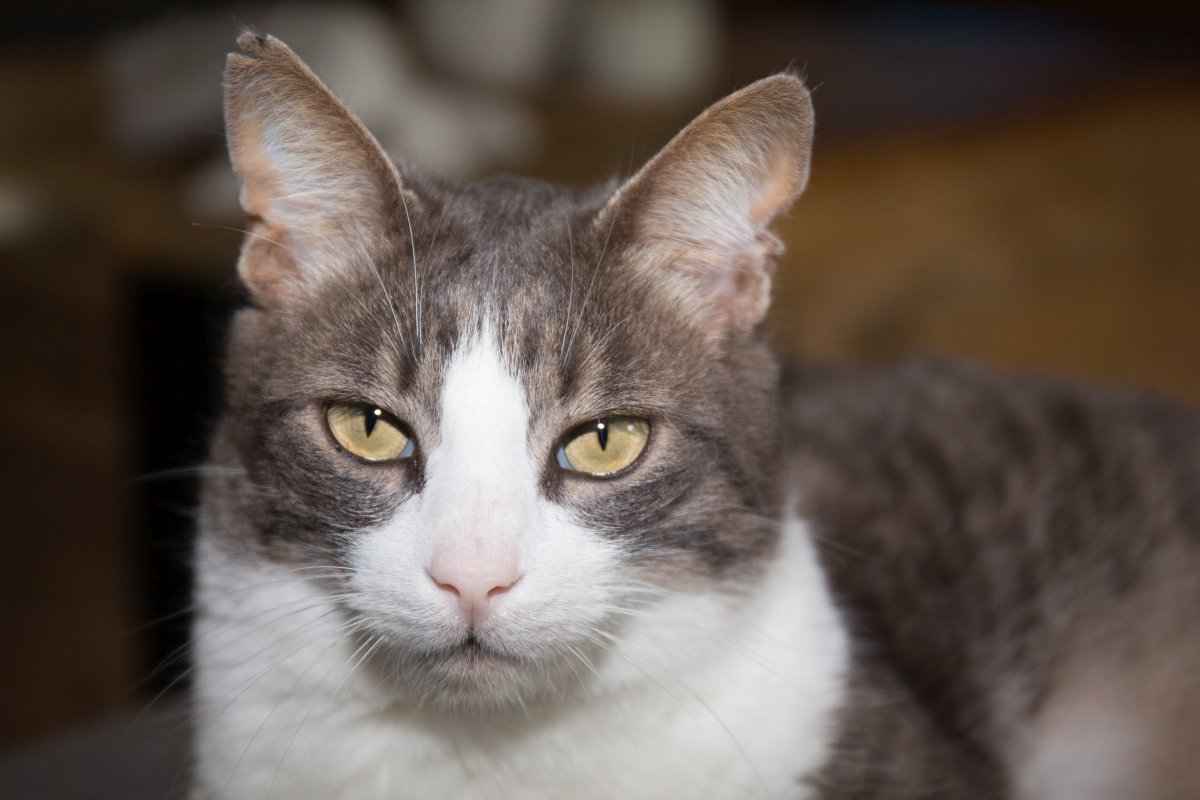Cat allergies can appear daunting for a new pet owner. However, do not worry! Most cat allergies are relatively easy to manage. Our 8 step guide will give you all the information you need to manage cat allergies. Timely intervention, regular visits to the vet, and proper medication can easily help you manage cat allergies.
However, managing cat allergies is not just about administering medication: it is about understanding the root causes behind them, the process of their diagnosis, the home remedies you can use, and the interaction of cat allergies with other conditions.
1. How are cats diagnosed with allergies?
Do you ever think why my cat keeps sneezing all the time? Well, don’t think that it is only your cat that sneezes because cat allergies are pretty common. Any pet owner with multiple cats can testify that at least one of their cats has some sort of allergy or the other.
However, sneezes are not an adequate way of diagnosing cat allergies. You will need to visit the vet to have your cat tested if you want to know if your feline friend has any cat allergies. Your vet will most likely carry out a skin test or a blood test. In the skin test, the vet will give an injection to your cat and will observe if any hives appear on its skin. The appearance of hives will indicate an allergy. The vet will draw some of your pet’s blood and send it further on for detailed testing in the blood test. At times, your vet may even conduct both tests for a more holistic review.
2. Understand seasonal and environmental allergies
Seasonal cat allergies and environmental allergies are closely linked. Like human beings, pollen and dust also cause allergies in cats. So when pollen is flying around in early spring, your cat may start itching, or its skin mat becomes dry and irritated.
Other common environmental allergies include reactions caused by fungus and mold and even grass! So if you have recently taken a walk in the park with your cat and your cat is itching or sneezing, it probably contracted an allergy from the grass or some mold.
3. Understanding Flea caused allergies
Flea-caused allergies can be extremely painful. If even a single flea can lodge itself in your cat’s coat, a whole population of fleas can follow soon after as well. If there is a particular spot on your cat’s skin where it appears to be scratching, it is most likely an allergy caused by a flea bite. We would suggest consulting the vet for flea prevention products you could use to pre-emptively prevent a flea infestation in your feline friend.
4. Food-related allergies
There may be certain foods that could be causing your cat to have an allergic reaction. The common symptoms of a food-related allergy could be vomiting and diarrhea. While you can purchase hypoallergenic cat food from the market, we suggest visiting the vet to find out which particular substance is causing the allergy. Perhaps you could remove that substance from your cat’s food?
5. Visiting the vet
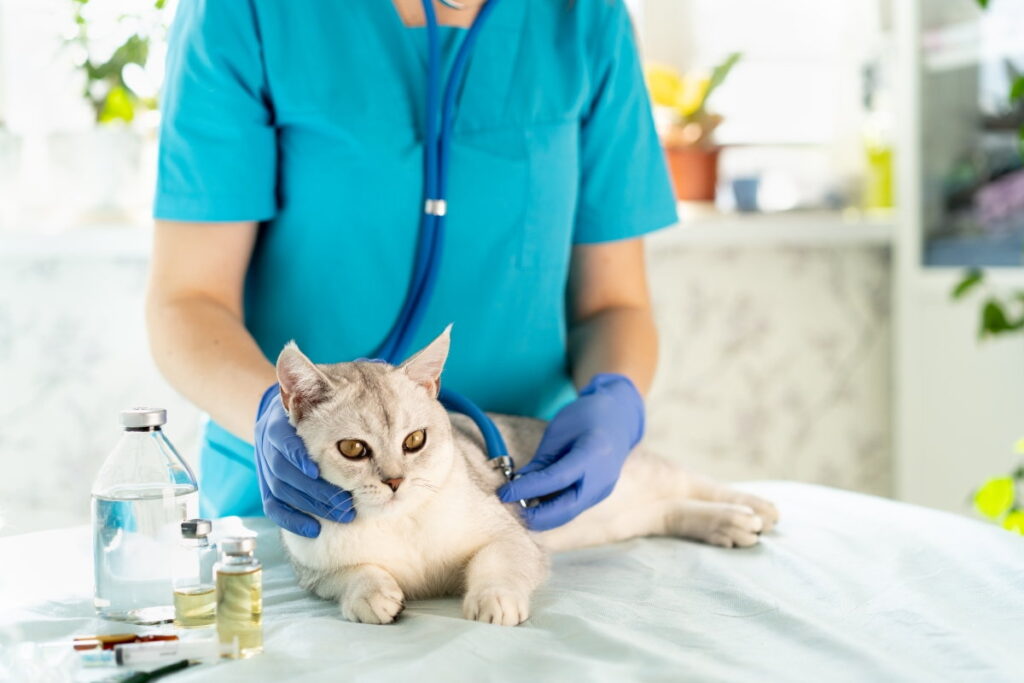
If you seem to think that your cat’s allergy is not subsiding although you have tried all home remedies, we suggest visiting the vet. The vet will administer antihistamines to reduce any allergy-related inflammation. They may also prescribe some ointments to reduce the itching or eye drops to make your cat’s eyes water less because of cat allergies.
While there is no “cure” for cat allergies per se, the specialist medication will help manage its symptoms and make things easier for your feline friends. There is no breed of hypoallergenic cats out there, and till there is, we have to learn to live with cat allergies!
6. Maintaining cleanliness
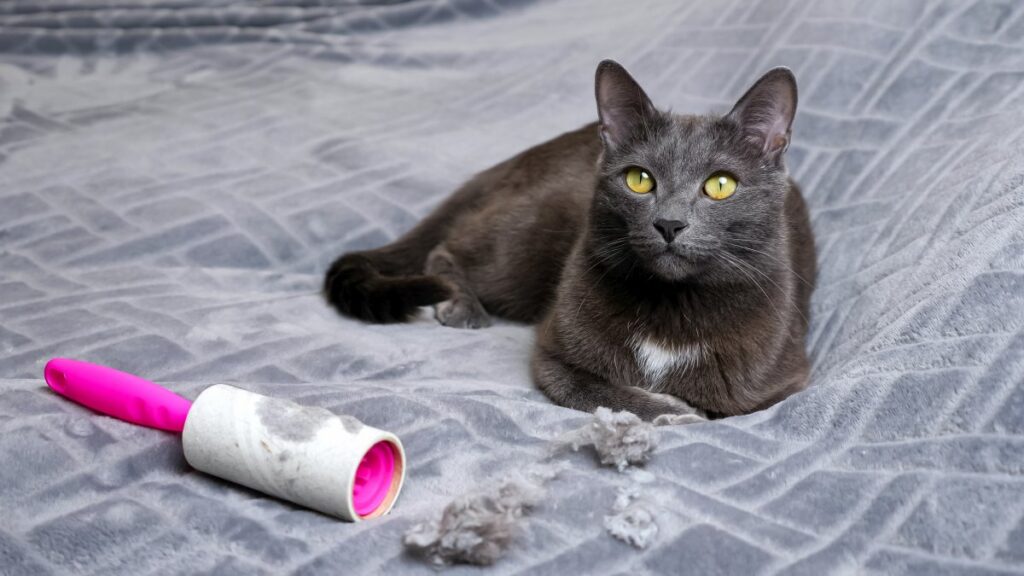
One of the best ways to manage cat allergies is to maintain cleanliness in your house. Keep your cat clean. This is essential if you want to avoid flea-related cat allergies. While your pet cat may hate water, you will need to bathe it frequently if you want to ensure that its coat is flea-free. The temporary hassle of giving your cat a bath is totally worth it for avoiding flea-related allergies, which can cause great discomfort down the road.
Moreover, keep the carpets in your house clean by vacuuming frequently. Also, clean out your cat’s litter box as often as you can so that no insects or fleas are leftover in it. After all, a freshly washed cat can catch fleas again if it goes into a dirty litter!
7. Substances you should avoid
While cat allergies have specific causes, we would suggest steering clear from certain substances. While these substances may not be the direct cause of the allergy itself, they can certainly exacerbate any condition your cat has and make it difficult for them to breathe at a time when their airways are already inflamed.
In order to manage cat allergies, we would therefore recommend not smoking in the same room as your cat. Also, avoid using extremely strong perfumes around your cat. These can even make perfectly healthy humans start coughing, so just think of what they could do to a feline friend with cat allergies!
8. What to look out for if your cat has asthma too
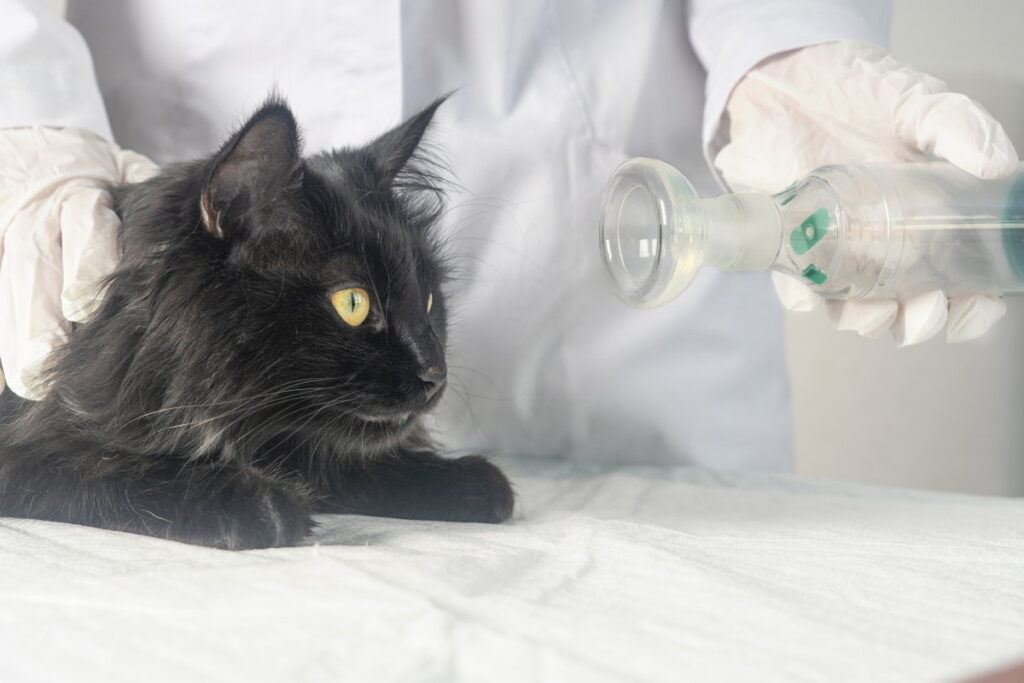
Sadly, if your cat has asthma, it is at a significantly higher risk of contracting cat allergies. This is because its airway is more prone to becoming inflamed at the slightest trigger and cause irritation. However, you should not worry about this since asthma and allergies can be managed relatively easily with expert advice.
If you think that your cat’s asthma is acting up again, consult your vet again and ask him if it is an allergy that agitated asthma. If asthma and allergy are working in tandem, your vet is most likely to recommend long-term solutions. This can include medicines with corticosteroids in them since these can open your cat’s airways.
We all love our feline friends and cannot bear to see them in pain. We hope that our guide to managing cat allergies has given you all the information you need to know to handle your sensitive cat!


